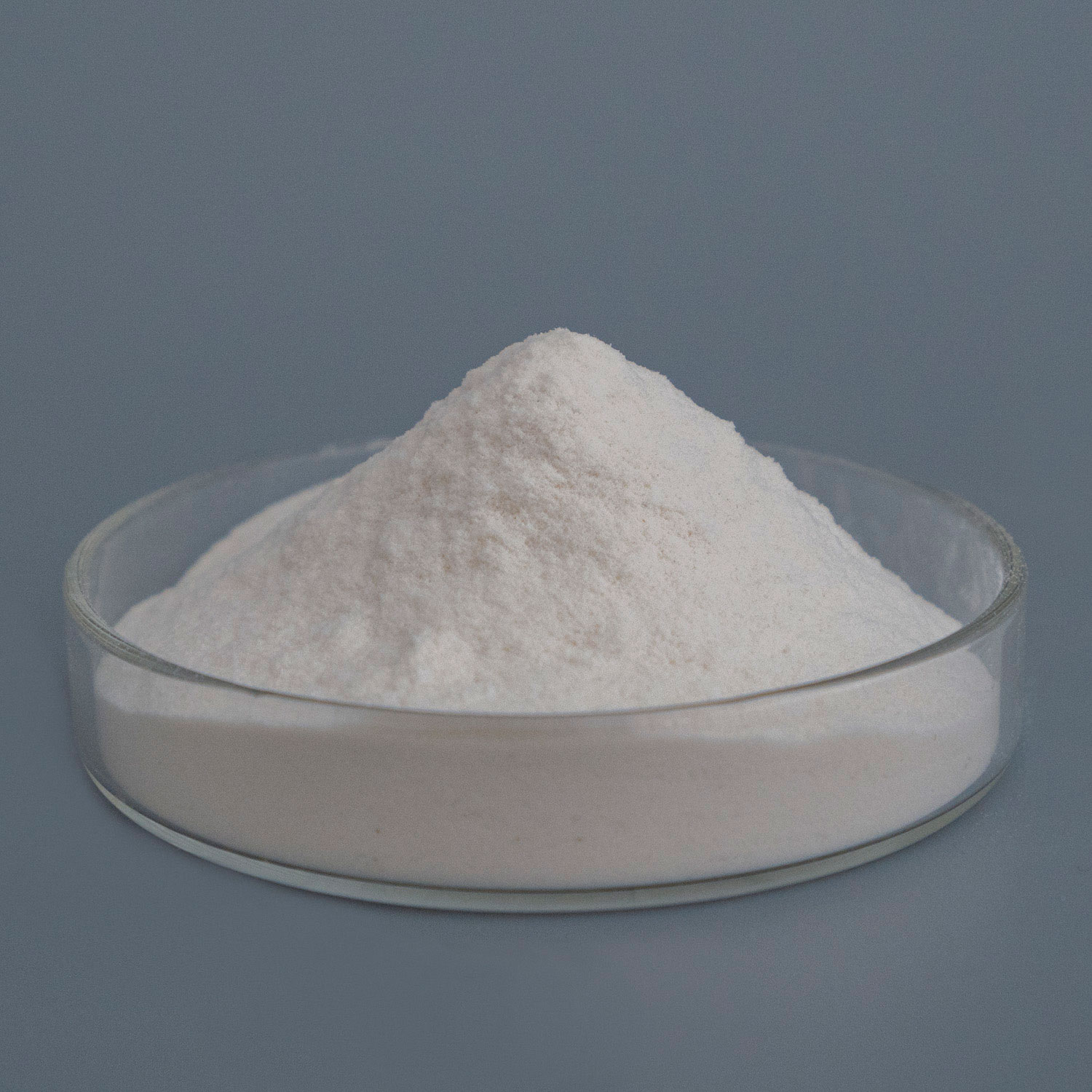Hydroxypropyl Methylcellulose (HPMC) is a widely used cellulose ether known for its thickening, emulsifying, and film-forming properties. A critical aspect of its functionality is its viscosity, which can significantly change with temperature. Understanding this relationship is essential for optimizing HPMC’s performance in various applications. This article delves into how temperature affects the viscosity of HPMC and offers practical considerations for its effective use.
Understanding the Temperature-Viscosity Relationship
1. Viscosity Decreases with Increasing Temperature
Explanation: As the temperature rises, the viscosity of HPMC solutions typically decreases. This is due to the reduction in hydrogen bonding and molecular interactions at higher temperatures, which allows the polymer chains to move more freely.
Impact:
- Low Temperatures: Higher viscosity, leading to thicker, more gel-like solutions.
- High Temperatures: Lower viscosity, resulting in thinner, more fluid solutions.
2. Thermogelation Property
Explanation: HPMC exhibits a unique property known as thermogelation, where it forms a gel upon heating and reverts to a liquid state upon cooling. This behavior is due to the hydrophobic interactions between polymer chains at elevated temperatures.
Impact:
- At Lower Temperatures: HPMC remains in a dissolved state.
- At Higher Temperatures: Gel formation occurs, which can be useful in certain applications like controlled-release pharmaceuticals.
Practical Considerations for Using HPMC
1. Selecting the Right Grade
Explanation: Different grades of HPMC are available, each with specific molecular weights and substitution levels that influence their temperature-viscosity behavior.
Considerations:
- Low Viscosity Grades: Suitable for applications requiring lower viscosity at higher temperatures.
- High Viscosity Grades: Ideal for applications needing higher viscosity at lower temperatures.
2. Application-Specific Adjustments
Explanation: The intended application dictates how the temperature-viscosity relationship should be managed to ensure optimal performance.
Examples:
- Construction Industry: In cement-based products, HPMC must maintain sufficient viscosity at the ambient temperature to ensure proper workability and water retention.
- Pharmaceuticals: For controlled-release formulations, the gelation property at body temperature is advantageous.
- Food Industry: HPMC used in food products must balance viscosity changes to maintain desired texture and stability during processing and storage.
3. Temperature Control During Processing
Explanation: Maintaining consistent temperature conditions during the preparation and application of HPMC solutions is crucial for predictable performance.
Considerations:
- Avoiding Extreme Temperatures: Keep temperatures within an optimal range to prevent significant viscosity changes.
- Using Stabilizers: Incorporate stabilizers or other additives to mitigate viscosity fluctuations caused by temperature variations.
4. Testing and Quality Assurance
Explanation: Regular testing of HPMC solutions under different temperature conditions helps ensure consistent quality and performance.
Considerations:
- Viscosity Testing: Conduct tests at various temperatures to understand the viscosity profile of the HPMC solution.
- Quality Control: Implement stringent quality control measures to monitor and adjust formulations as needed.
Conclusion
The viscosity of Hydroxypropyl Methylcellulose (HPMC) is highly sensitive to temperature changes, affecting its performance across various applications. By understanding this relationship, selecting the appropriate grade of HPMC, and controlling processing conditions, manufacturers can optimize the use of HPMC in their products. Practical considerations such as temperature control, application-specific adjustments, and rigorous testing are essential for achieving consistent and reliable results with HPMC.


